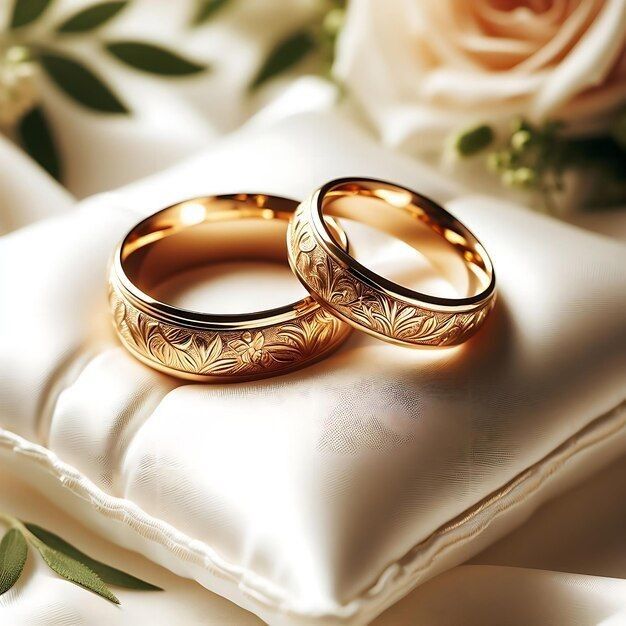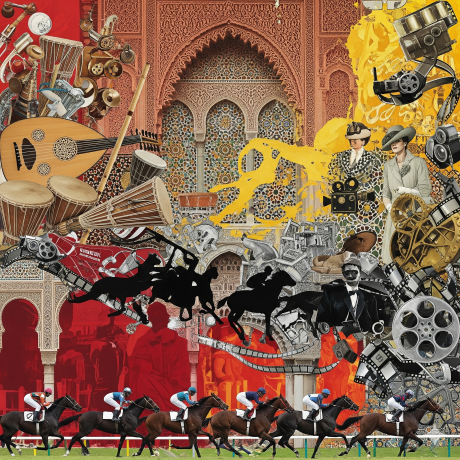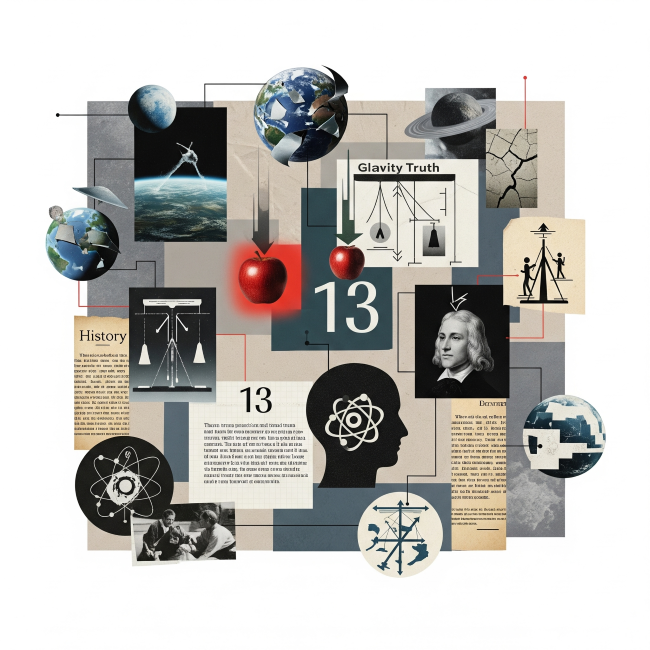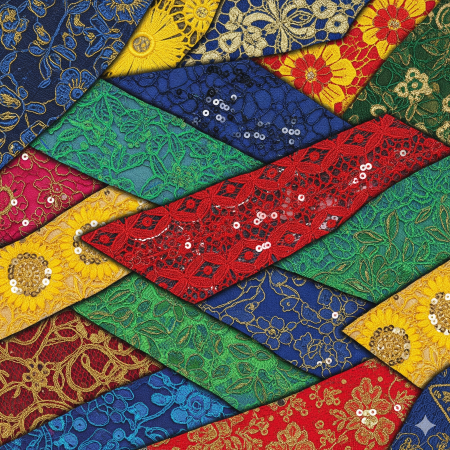“Aunty, When Will You Marry?”: The Emotional Toll of Age Expectations

Cover Image Photo Credit: Pinterest
AUTHOR: BAKARE ZAINAB
At every family function she attends, she braces up for it. That question that never fails to come, accompanied with a mouth full of smiles and eyes filled with judgement and concern: “Aunty, when will you marry?”
A harmless question, they say — a question rooted in concern and tradition. But to many African women in their late 20s and 30s, this question points to societal expectations and pressure to find a partner — seemingly suggesting a partner makes life meaningful.
We live in cultures where milestones are mapped out like traffic lights. Graduate. Marry. Birth one, then two. Anything outside this sequence raises eyebrows. And heaven forbid you hit 30 with no husband in sight — your worth begins to shrink in the eyes of aunties and uncles who ask intrusive questions over jollof rice.
But let’s talk about what we don’t see: the emotional toll.
Photo Credit: Pinterest
The Race Against an Invisible Clock
From a young age, the girl child is taught that marriage is an achievement — not just a personal one, but a societal one. The girl child is somehow taught that their value is attached to a man and creating a family is the ultimate goal of their lives.
Social Insight
Navigate the Rhythms of African Communities
Bold Conversations. Real Impact. True Narratives.
So, the invisible clock is entrenched in their minds. As the years tick by, they start to feel pressure. They subconsciously start to take steps to hit that milestone everyone expects from them. Even the most accomplished women with thriving careers and stable lives start to feel pressured.
It is not even about companionship anymore — it is more about validation. And this pressure is not new. But it is felt more deeply now because, God forbid, a woman wants more than a man.
For some, every birthday feels like a warning. Every wedding invitation feels like a reminder. Every social media scroll, a comparison. The expectations become loud even in silence, and the clock ticks louder with every “you’re next.”
And so, many women begin to hustle for something they don’t even want yet — not love, not partnership, but approval.
The Emotional Toll: Anxiety, Shame, and Isolation
Many women carry this weight in silence. They joke about it in comment sections, tweet through the sting, and laugh it off at parties. But when the event ends and the makeup comes off, reality returns like a ghost. Quietly, she wonders: “Is there really something wrong with me?”
This is how it creeps in — the self-doubt, the anxiety. The feeling of running a race where everyone else seems to be finishing while you're stuck at the starting line.
Depression does not always look like tears. Sometimes it looks like rushing into a relationship just to silence the questions. Or ghosting family members who mean well but don’t know how to mind their business.
For some, the loneliness becomes a companion. Not because they don’t want love, but because love shouldn’t come with a deadline.
They feel ashamed for wanting more — not just a husband, but happiness. Not just a wedding, but purpose. And in a world where romantic partnership is the loudest indicator of success for a woman, silence becomes their rebellion and safe space.
Photo Credit: HerZindagi
Social Insight
Navigate the Rhythms of African Communities
Bold Conversations. Real Impact. True Narratives.
Gendered Double Standards: Why Men Get a Pass
Let’s be honest, men are not getting the same pressure, reflecting the patriarchal society we reside in.
A man at 35 is “still young,” “just settling,” “waiting for the right time.” A woman at 30 is told her eggs are no longer “fresh,” “her prime is over.” She’s “too picky,” “too independent,” “too late.”
Our society packages male bachelorhood as freedom and female singleness as failure. Even the language exposes it: He’s “still single” — emphasis on still. She’s “not yet married” — emphasis on yet. Every phrase assumes a destination, and God help the woman who dares to redefine hers.
A man buying a house at 40 is seen as focused. A woman doing the same is often asked, “So you are not planning to settle down?”
These aren’t just phrases. They are pressures — pressures that stick, that sting, and that stain.
The Role of Family: Love or Control?
Sometimes the worst pressure comes from the people who love you most.
Mothers who want to “carry their grandchildren,” aunties who remind you of your mates, pastors who tell you “your husband is coming” even when you didn’t ask. It is hard to be firm without being labelled rude. Hard to set boundaries in a society where age equates to reverence and obedience is expected.
But concern is not a free pass to control. And love should never feel like manipulation.
We need to re-teach our communities what support looks like — it is not in the nagging, but in the listening. Not in the ultimatums, but in the understanding that marriage is a choice, not an achievement.
And while parents may mean well, they must understand that a child’s happiness cannot be built on forced timelines. That shame is not love, and pressure is not guidance.
Social Insight
Navigate the Rhythms of African Communities
Bold Conversations. Real Impact. True Narratives.
A Quiet Revolution: Redrawing the Timeline
The truth is more women are living fuller, freer lives on their own terms. Statistics may still show high marriage rates, but so does divorce. And the stories we don’t tell — of women who found joy at 37, 45, or never married at all — are just as valid.
There’s a quiet revolution happening — in salons, on timelines, in therapy sessions, in apartments where women sip wine alone on Friday nights without sadness or shame. Women are choosing peace over pressure.
Some are delaying marriage to chase dreams. Others are opting out completely, refusing to perform womanhood for cultural and societal applause.
And yes, it is hard. Because even freedom comes with guilt especially when you are raised in a society where everyone is watching your womb and arm.
But something is shifting. The timeline is shifting. And with it, the definition of fulfillment. But for every woman who says “Not yet,” or “Maybe never,” there’s power in that choice.
It is no longer about meeting someone else’s deadline. It’s about showing up whole — with or without a spouse beside you.
Ask Better Questions
So next time you're tempted to ask a woman “When will you marry?” — pause.
Ask her what she is building, what she is dreaming about, who she is becoming. Because the real question should never be about when she’ll marry.
It should be: “Are you happy?”
You may also like...
Ndidi's Besiktas Revelation: Why He Chose Turkey Over Man Utd Dreams

Super Eagles midfielder Wilfred Ndidi explained his decision to join Besiktas, citing the club's appealing project, stro...
Tom Hardy Returns! Venom Roars Back to the Big Screen in New Movie!

Two years after its last cinematic outing, Venom is set to return in an animated feature film from Sony Pictures Animati...
Marvel Shakes Up Spider-Verse with Nicolas Cage's Groundbreaking New Series!

Nicolas Cage is set to star as Ben Reilly in the upcoming live-action 'Spider-Noir' series on Prime Video, moving beyond...
Bad Bunny's 'DtMF' Dominates Hot 100 with Chart-Topping Power!

A recent 'Ask Billboard' mailbag delves into Hot 100 chart specifics, featuring Bad Bunny's "DtMF" and Ella Langley's "C...
Shakira Stuns Mexico City with Massive Free Concert Announcement!

Shakira is set to conclude her historic Mexican tour trek with a free concert at Mexico City's iconic Zócalo on March 1,...
Glen Powell Reveals His Unexpected Favorite Christopher Nolan Film

A24's dark comedy "How to Make a Killing" is hitting theaters, starring Glen Powell, Topher Grace, and Jessica Henwick. ...
Wizkid & Pharrell Set New Male Style Standard in Leather and Satin Showdown

Wizkid and Pharrell Williams have sparked widespread speculation with a new, cryptic Instagram post. While the possibili...
Victor Osimhen Unveils 'A Prayer From the Gutter', Inspiring Millions with His Journey

Nigerian football star Victor Osimhen shares his deeply personal journey from the poverty-stricken Olusosun landfill in ...






